Cancer Pain
How to submit an article:
- Registered users can submit any published journal article that has a unique DOI (Digital Object Identifier) name or link to Research Hub.
- For example, you can paste the full DOI link:
https://doi.org/10.1109/5.771073or just the DOI name:10.1109/5.771073into the field above and click submit. - The person who is first to submit a valid article to Research Hub will forever be credited for it, and every article submission earns you +6 Research Points.
Related Topics
Published research studies are articles that present the findings of original research that has undergone a peer-review process and has been made publicly available in scholarly journals, books or other media.

Acupuncture Combined with Three-Step Analgesic Drug Therapy for Treatment of Cancer Pain: A Systematic Review and Meta-Analysis of Randomised Clinical Trials
2021 Jul 26 Evidence-Based Complementary and Alternative Medicine Li D, Su Y, Fan H, Guo N, Sun C
This review suggests that acupuncture combined with three-step analgesic drugs has specific advantages over three-step analgesic drugs alone in the treatment of cancer pain. Compared with three-step analgesia alone, acupuncture combined with three-step analgesia for cancer pain increased pain relief response rates, reduced numerical rating scale (NRS) score, side effects and burst pain rate, shortened analgesia effect onset time, and extended the duration of response.
Systematic Review Meta-Analysis Cancer Pain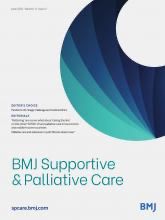
Acupuncture for palliative cancer pain management: systematic review
2021 Jan 13 BMJ Supportive & Palliative Care Yang J, Wahner-Roedler DL, Zhou X, et al.
Systematic ReviewAcupuncture may be an effective and safe treatment associated with pain reduction in the palliative care of patients with cancer.
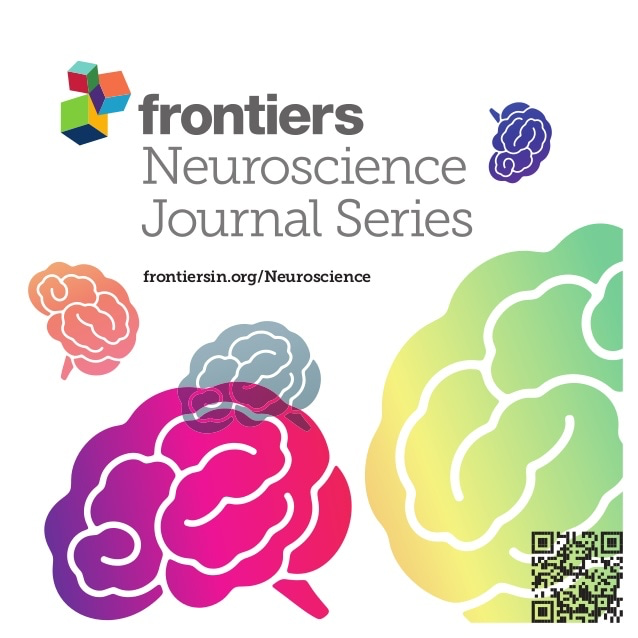
Acupuncture for Psychological Disorders Caused by Chronic Pain: A Review and Future Directions
2021 Jan 27 Frontiers in Neuroscience Lin LL, Li HP, Yang JW, Hao XW, Yan SY, Wang LQ, et al.
Substantial evidences from animal and human research support a beneficial effect of acupuncture in psychological disorders caused by chronic pain.
Review Article Chronic Pain
Group versus Individual Acupuncture (AP) for Cancer Pain: A Randomized Noninferiority Trial
2020 Jan 13 Evidence-Based Complementary and Alternative Medicine Erica Nicole Reed, Jessa Landmann, Devesh Oberoi, Katherine-Ann L. Piedalue, Peter Faris, Linda E. Carlson
Randomised Controlled TrialGroup acupuncture was noninferior to individual acupuncture for treating cancer pain and was superior in many health outcomes. Group acupuncture is more cost-effective for alleviating cancer pain and should be considered for implementation trials.
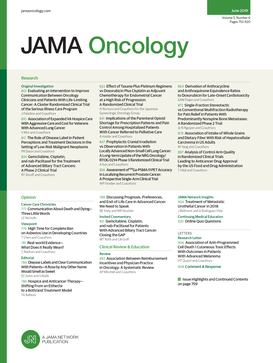
Clinical Evidence for Association of Acupuncture and Acupressure With Improved Cancer Pain A Systematic Review and Meta-Analysis
2019 Dec JAMA Oncology He Y, Guo X, May BH, et al.
Systematic Review Meta-Analysis Cancer Pain Cancer Treatment SupportAcupuncture and/or acupressure was significantly associated with reduced cancer pain and decreased use of analgesics.
Research insights are moderated by the Research Hub team and offer an at-a-glance overview of interesting research findings.

2021 BMJ Supportive & Palliative Care
Acupuncture may be an effective and safe treatment associated with pain reduction in the palliative care of patients with cancer.
Systematic Review
Acupuncture for palliative cancer pain management: systematic review
Yang J, Wahner-Roedler DL, Zhou X, et al.

2020 Evidence-Based Complementary and Alternative Medicine
Group acupuncture was noninferior to individual acupuncture for treating cancer pain and was superior in many health outcomes. Group acupuncture is more cost-effective for alleviating cancer pain and should be considered for implementation trials.
Randomised Controlled Trial
Group versus Individual Acupuncture (AP) for Cancer Pain: A Randomized Noninferiority Trial
Erica Nicole Reed, Jessa Landmann, Devesh Oberoi, Katherine-Ann L. Piedalue, Peter Faris, Linda E. Carlson

2019 JAMA Oncology
Acupuncture and/or acupressure was significantly associated with reduced cancer pain and decreased use of analgesics.
Systematic Review Cancer Treatment Support
Clinical Evidence for Association of Acupuncture and Acupressure With Improved Cancer Pain
A Systematic Review and Meta-Analysis
He Y, Guo X, May BH, et al.
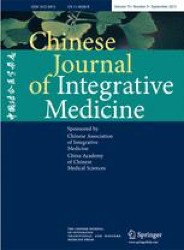
2013 Chinese Journal of Integrative Medicine
Acupuncture shows promising evidence in cancer palliative care, particularly in reducing therapy-induced side effects and cancer pain.
Systematic Review Cancer Treatment Support
Effectiveness of acupuncture for palliative care in cancer patients: A systematic review
Lian, WL., Pan, Mq., Zhou, Dh. & Zhang, et al.
Review Articles
Review articles summarise and critically evaluate the current state of research on a specific topic or field by synthesising multiple primary research studies.

Acupuncture Combined with Three-Step Analgesic Drug Therapy for Treatment of Cancer Pain: A Systematic Review and Meta-Analysis of Randomised Clinical Trials
2021 Jul 26 Evidence-Based Complementary and Alternative Medicine Li D, Su Y, Fan H, Guo N, Sun C
This review suggests that acupuncture combined with three-step analgesic drugs has specific advantages over three-step analgesic drugs alone in the treatment of cancer pain. Compared with three-step analgesia alone, acupuncture combined with three-step analgesia for cancer pain increased pain relief response rates, reduced numerical rating scale (NRS) score, side effects and burst pain rate, shortened analgesia effect onset time, and extended the duration of response.
Systematic Review Meta-Analysis Cancer Pain
Acupuncture for palliative cancer pain management: systematic review
2021 Jan 13 BMJ Supportive & Palliative Care Yang J, Wahner-Roedler DL, Zhou X, et al.
Systematic ReviewAcupuncture may be an effective and safe treatment associated with pain reduction in the palliative care of patients with cancer.

Acupuncture for Psychological Disorders Caused by Chronic Pain: A Review and Future Directions
2021 Jan 27 Frontiers in Neuroscience Lin LL, Li HP, Yang JW, Hao XW, Yan SY, Wang LQ, et al.
Substantial evidences from animal and human research support a beneficial effect of acupuncture in psychological disorders caused by chronic pain.
Review Article Chronic Pain
Clinical Evidence for Association of Acupuncture and Acupressure With Improved Cancer Pain A Systematic Review and Meta-Analysis
2019 Dec JAMA Oncology He Y, Guo X, May BH, et al.
Systematic Review Meta-Analysis Cancer Pain Cancer Treatment SupportAcupuncture and/or acupressure was significantly associated with reduced cancer pain and decreased use of analgesics.

Effectiveness of acupuncture for palliative care in cancer patients: A systematic review
2013 Dec 13 Chinese Journal of Integrative Medicine Lian, WL., Pan, Mq., Zhou, Dh. & Zhang, et al.
Systematic Review Cancer Treatment SupportAcupuncture shows promising evidence in cancer palliative care, particularly in reducing therapy-induced side effects and cancer pain.
Clinical Trials
Clinical trials are research studies that involve people and are conducted to evaluate the safety and efficacy of new treatments or interventions, such as drugs, medical devices, or behavioural therapies.

Group versus Individual Acupuncture (AP) for Cancer Pain: A Randomized Noninferiority Trial
2020 Jan 13 Evidence-Based Complementary and Alternative Medicine Erica Nicole Reed, Jessa Landmann, Devesh Oberoi, Katherine-Ann L. Piedalue, Peter Faris, Linda E. Carlson
Randomised Controlled TrialGroup acupuncture was noninferior to individual acupuncture for treating cancer pain and was superior in many health outcomes. Group acupuncture is more cost-effective for alleviating cancer pain and should be considered for implementation trials.
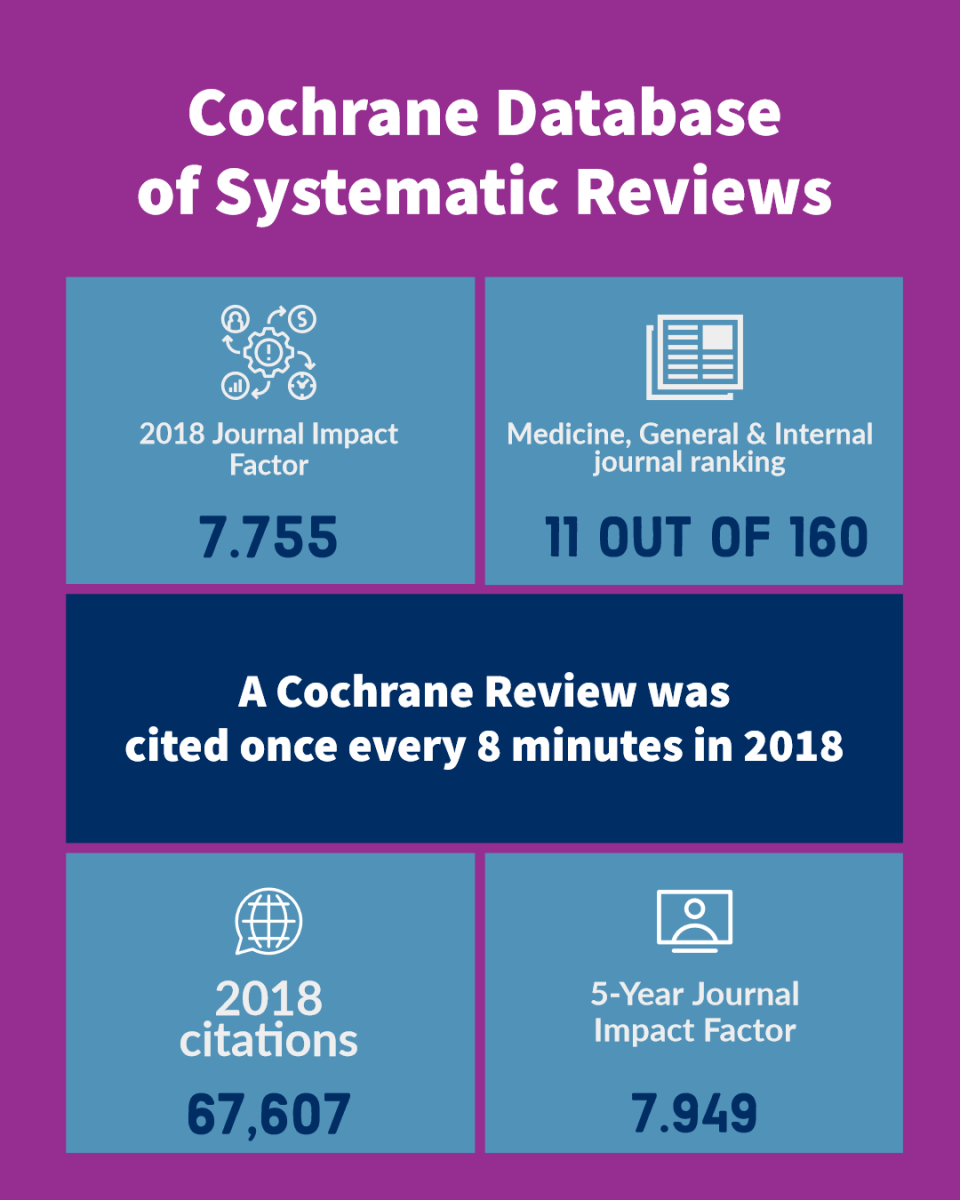
Acupuncture for cancer pain in adults
2015 Oct 15 Cochrane Database of Systematic Reviews Paley CA, Johnson MI, Tashani OA, Bagnall AM.
There is insufficient evidence to judge whether acupuncture is effective in treating cancer pain in adults.
Randomised Controlled Trial Cancer Treatment SupportStudy Protocols
Published study protocols are detailed plans that outline the objectives, methodology, statistical analyses, and organisation of a research study that have been made publicly available for others to review and use as a reference.
Presentation Slides

Systematic Review
Acupuncture may be an effective and safe treatment associated with pain reduction in the palliative care of patients with cancer.
Yang J, Wahner-Roedler DL, Zhou X, et al.

Randomised Controlled Trial
Group acupuncture was noninferior to individual acupuncture for treating cancer pain and was superior in many health outcomes. Group acupuncture is more cost-effective for alleviating cancer pain and should be considered for implementation trials.
Erica Nicole Reed, Jessa Landmann, Devesh Oberoi, Katherine-Ann L. Piedalue, Peter Faris, Linda E. Carlson

Systematic Review
Acupuncture and/or acupressure was significantly associated with reduced cancer pain and decreased use of analgesics.
He Y, Guo X, May BH, et al.

Systematic Review
Acupuncture shows promising evidence in cancer palliative care, particularly in reducing therapy-induced side effects and cancer pain.
Lian, WL., Pan, Mq., Zhou, Dh. & Zhang, ZJ.
Executive Summary
Write an executive summary in the form of a blog article on the topic of "Research into Chinese medicine treatment for Cancer Pain" summarising the research below and using language that can be easily understood by patients and avoiding medical jargon using a professional and caring tone of voice.
Write an executive summary in the form of a blog article on the topic of "Researched Chinese medicine treatments for Cancer Pain" summarising the research below in an objective and easy to understand way, and using language that can be easily understood by patients. Group the article into Chinese medicine treatments first, followed by nutrition and other treatments. Avoid using medical jargon and use a professional and caring tone of voice.
Write me a concise but easy to understand executive summary on the topic of "Chinese medicine treatments for Cancer Pain" based on the following research that I will give you. Your summary should be 2 paragraphs long in Australian English spelling and include references to the studies.
A Systematic Review published in 2021 in the journal BMJ Supportive & Palliative Care found that Acupuncture may be an effective and safe treatment associated with pain reduction in the palliative care of patients with cancer. Five studies (n=189) were included in this systematic review. Results indicated a favourable effect of acupuncture on pain relief in palliative care for patients with cancer. According to OCEBM 2011 Levels of Evidence, they were level 2 in one case (20%), level 3 in two cases (40%) and level 4 in the remaining (40%). Low-level evidence adversely affects the reliability of findings. Acupuncture may be an effective and safe treatment associated with pain reduction in the palliative care of patients with cancer. Further high-quality, adequately powered studies are needed in the future.
A Randomised Controlled Trial published in 2020 in the journal Evidence-Based Complementary and Alternative Medicine found that Group acupuncture was noninferior to individual acupuncture for treating cancer pain and was superior in many health outcomes. Group acupuncture is more cost-effective for alleviating cancer pain and should be considered for implementation trials. Biweekly acupuncture therapy offered in the group setting for 6 weeks, delivered for half the cost of individual acupuncture, was as effective as individual acupuncture for reducing cancer-related pain interference and severity and was superior to individual acupuncture in improving sleep quality, fatigue, and psychological distress. Group acupuncture may be an effective treatment option for patients who may otherwise be unable to afford it due to relatively high costs and the lack of universal coverage for acupuncture treatment. Where possible, cancer centers and practitioners should consider offering acupuncture in group-based settings, rather than individually, for routine cancer pain treatments as a more cost-effective delivery model.
A Systematic Review published in 2019 in the journal JAMA Oncology found that Acupuncture and/or acupressure was significantly associated with reduced cancer pain and decreased use of analgesics. This study found a moderate level of evidence that acupuncture and/or acupressure was significantly associated with lower pain intensity in patients with cancer compared with a sham control, which suggests a potential for a combination of acupuncture and acupressure to help reduce opioid doses in patients with cancer.
A Systematic Review published in 2013 in the journal Chinese Journal of Integrative Medicine found that Acupuncture shows promising evidence in cancer palliative care, particularly in reducing therapy-induced side effects and cancer pain. The study examined data from 33 randomized clinical trials that investigated the effectiveness of acupuncture in palliative care for cancer patients. The data were collected from seven different databases dating up to December 2010. The extraction and validation process was overseen by two independent reviewers who also assessed the trials using the Jadad scale. The trials evaluated revealed diverse impacts of acupuncture on numerous cancer-related conditions. These include effects on side effects arising from chemotherapy or radiotherapy, cancer pain, post-operative urinary retention and other aspects of quality of life. The results showed promising potential for acupuncture being beneficial in palliative care, particularly in the reduction of chemotherapy or radiotherapy-induced side effects, and pain related to cancer.
Moderation Tools
Topic
Sign In
Users not signed in are limited to viewing the 5 most recent items of content.